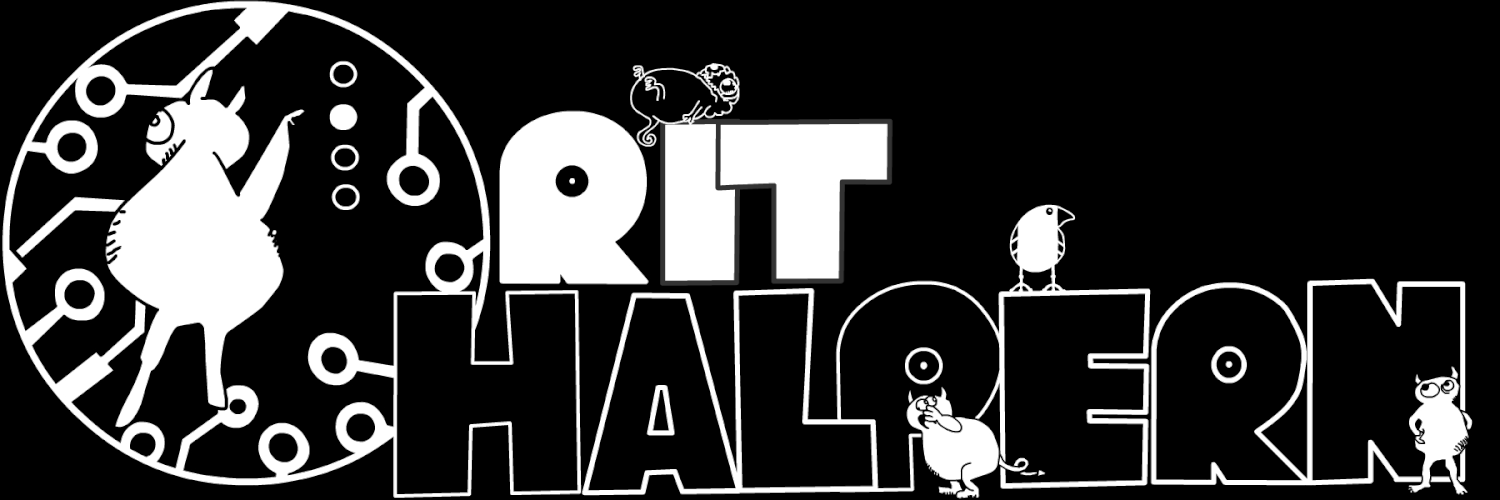Planetary Experiments
Planetary Experiments(PlanEx) investigates the changing relationship between knowledge production and collective social life in the Anthropocene. From geo-engineering to synthetic biology, the accelerated digitization and networking of research practices is allowing the entire planet to become a tool that can be used for the purpose of measurement and observation. In turn, planetary phenomena and processes – from food security to the climate crisis to the COVID-19 pandemic – have become the subject of experimental research and mass testing. The project explores emerging relationships between science, nature and politics in the age of the Anthropocene. It also asks about the future of knowledge production, design, and engineering in times of big data, climate crisis and geo-political transition.
A key motivation for this study is the fact that experimentation has become a means of politics and communication in recent years and decades. From testing genetically modified crops, to the uncontrolled experimentation with cloud seeding by national governments, to spectacular space projects by corporations—governments, corporations, and different publics employ highly visible large scale scientific and engineering experiments. They do so to transform territory, propagate ideas of the future and technical prowess, and create economies and politics. In an age in which forms of “testing,” “prototyping,” and “demoing” are presented as virtues, experiments no longer serve merely to produce and confirm scientific knowledge, but have additional political, ethical, economic, and aesthetic implications and consequences. These are also central categories to design thinking and practice. And yet even as scientific and technical knowledge has become more important than at any time in the past, distrust of science has also increased significantly in recent years. The fact that the number of collective experiments increases even as we witness an erosion in public trust in historical forms of scientific authority and objectivity is a central subject of this research, and PlanEx offers important contributions to respond to these present and future challenges.
Currently, the project is part of a European Research Council grant proposal with Duke University and Bauhaus University Weimar. My hope is to develop a research group of 12 post-doctoral and doctoral students to examine these histories and futures of planetary scale experimentation. This is also the subject of my future monograph.
Related articles and projects:
“The Planetary Test”, Zeitschrift für Medien and Kulturforschung, Vol 10, October 1 (2019).
“Planetary Intelligence” book chapter in Jonathan Roberge and Michael Castelle (Eds): The Cultural Life of Machine Learning, London: Palgrave (2021)

